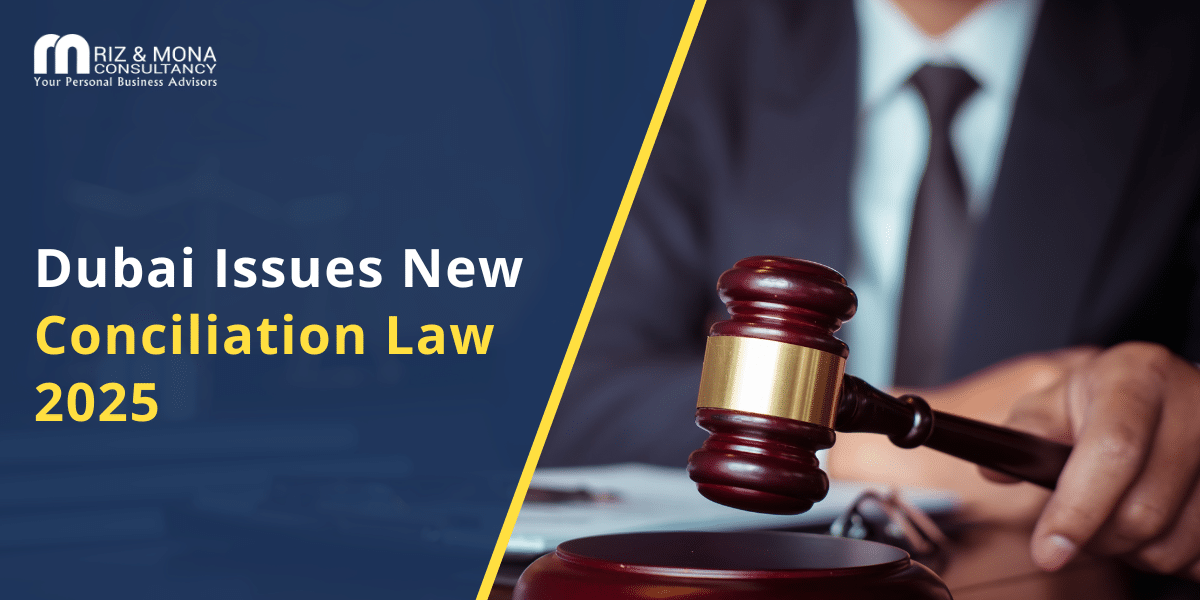In a key legislative update, His Highness Sheikh Mohammed bin Rashid Al Maktoum, Ruler of Dubai and Vice President and Prime Minister of the UAE, has issued Law No. (9) of 2025, revising ten key articles of the 2021 Dubai Conciliation Law. The new amendments are part of the emirate’s broader efforts to modernize its legal system and improve the efficiency of dispute resolution services.
Dubai’s Government announced on Tuesday that the new law aims to promote faster, amicable, and cost-effective settlement of civil and family disputes through structured conciliation pathways. The law took effect upon publication in the Official Gazette.
Key Changes in the Dubai Conciliation Law
- Article 5: Defines which disputes require mandatory conciliation, including those referred by the President of Dubai Courts, personal status cases, and disputes voluntarily submitted to the Centre for Amicable Settlement of Disputes (CASD).
- Exemptions from Conciliation: Interim orders, urgent guardianship matters, inheritance, marriage and divorce verification, and cases under different legal jurisdictions remain outside the conciliation scope.
- Article 6: Details the scope of dispute resolution at CASD and the Family Guidance and Reconciliation Committee, allowing for expert engagement when needed and ensuring all procedures comply with legal resolutions.
- Article 27: Formalizes the Conciliation Agreement process. Agreements that meet legal criteria will now carry the force of a writ of execution.
- Challenge Window: Parties have five business days to contest conciliation decisions on valid grounds such as fraud or deception.
- Article 28: Specifies conditions for court acceptance of lawsuits needing prior conciliation attempts.
- Article 30: Defines fee structures for dispute registration and agreement validation.
What This Means for Residents and Businesses
For residents, the law simplifies procedures in personal disputes—especially those involving family matters—offering confidential and collaborative settlement options.
For businesses, it reduces the risk and cost of prolonged litigation by encouraging contractual clarity and amicable resolution.
The move aligns with global trends toward Alternative Dispute Resolution (ADR) and reflects Dubai’s vision to enhance trust in its legal system.
Conclusion
Dubai’s updated Conciliation Law marks a progressive shift in legal governance, promoting harmony and easing access to justice.
The new framework is a clear signal of the emirate’s intent to provide high-quality legal services while reducing litigation load on courts.







